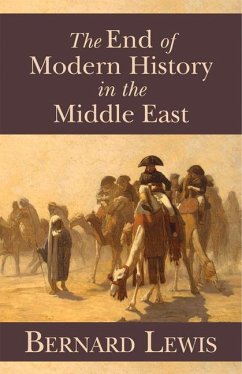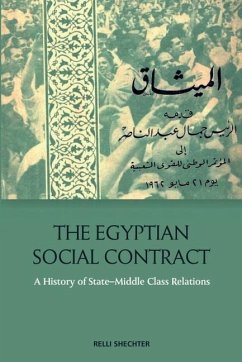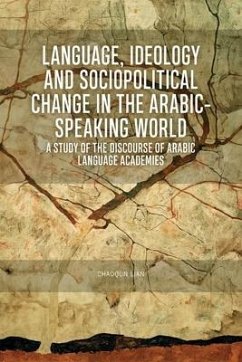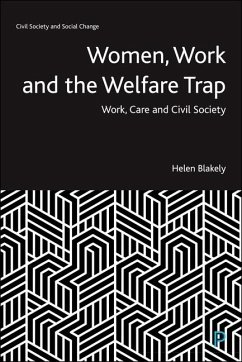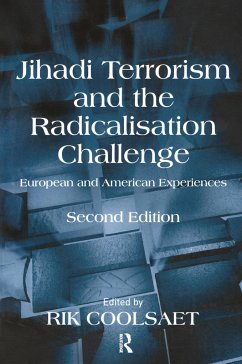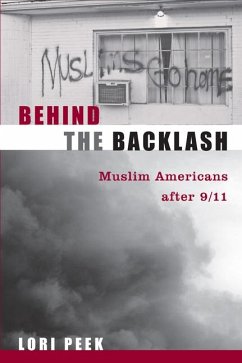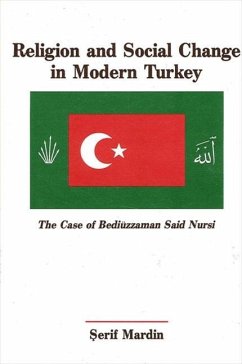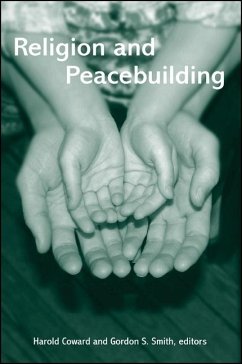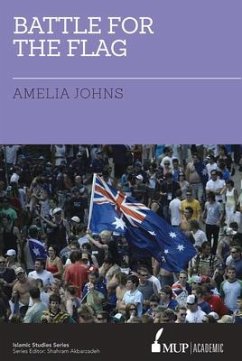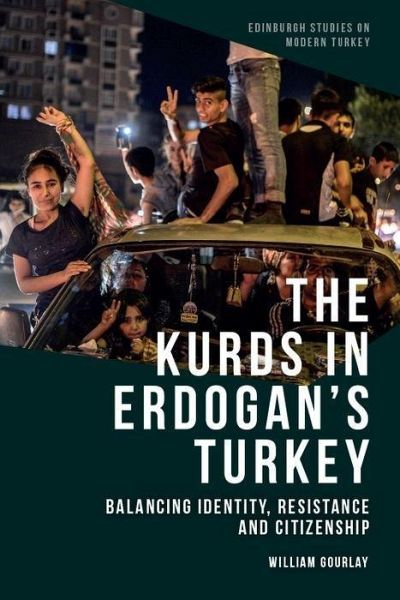
The Kurds in Erdoğan's Turkey
Balancing Identity, Resistance and Citizenship
Versandkostenfrei!
Versandfertig in über 4 Wochen
36,99 €
inkl. MwSt.
Weitere Ausgaben:

PAYBACK Punkte
18 °P sammeln!
'Gourlay provides a lively and nuanced account of how ordinary Kurds, met in Diyarbakir and Istanbul in the crucial period of 2013-15, between the hopeful beginnings of a peace process and its collapse, spoke of what it meant to be Kurds and how they related to state and society of Turkey. Unlike many other recent studies, which focus on the Kurdish political and military movement, this book privileges everyday forms of self-assertion and resistance.' Martin van Bruinessen, Utrecht University Investigates Kurdish political identity under the tightening rule of the Justice and Development Party...
'Gourlay provides a lively and nuanced account of how ordinary Kurds, met in Diyarbakir and Istanbul in the crucial period of 2013-15, between the hopeful beginnings of a peace process and its collapse, spoke of what it meant to be Kurds and how they related to state and society of Turkey. Unlike many other recent studies, which focus on the Kurdish political and military movement, this book privileges everyday forms of self-assertion and resistance.' Martin van Bruinessen, Utrecht University Investigates Kurdish political identity under the tightening rule of the Justice and Development Party in Turkey The Kurdish issue is of enduring importance in the Middle East. This book examines the circumstances of the Kurds in twenty-first-century Turkey, under the hegemony of the AKP government. After decades of denial, oppression and conflict, Kurds now assert a more confident presence in Turkey's politics - but does increasing visibility mean a rejection of Turkey? Recording Kurdish voices from Istanbul and Diyarbakır, Turkey's most important Kurdish-populated cities, this book generates new understandings of Kurdish identity and political aspirations. Highlighting elements of Kurdish identity including Newroz, the Kurdish language, connections to religion, landscape and cross-border ties, it offers a portrait of Kurdish political life in a Turkey increasingly dominated by its president, Recep Tayyip Erdoğan. Within the context of Turkey's troubled trajectory towards democratisation, it documents Kurdish narratives of oppression and resistance, and enquires how Kurds reconcile their distinct ethnic identity and citizenship in modern Turkey. Key features - Examines Kurdish identity in the Republic of Turkey and enquires whether there is room for pluralism in Turkey's political sphere - Incorporates data gathered in the streets, bazaars and teahouses of Istanbul and Diyarbakır, the most important Kurdish-populated cities in Turkey - Documents Kurds' participation in electoral politics and traditions of civilian resistance within the context of Turkey's pursuit of liberal democracy - Considers central elements of Kurdish identity - language, culture and geography - and how these are contested between government and Kurdish narratives - Provides a detailed examination of the Kurds' struggle in Turkey at a time of rising Islamism and authoritarianism and emerging trans-national Kurdish mobilisation William Gourlay has a PhD from Monash University, where he teaches Middle East Politics and International Relations. Cover image: supporters of pro-Kurdish Peoples' Democratic Party (HDP) stand on a car as they celebrate in the streets the results of the legislative election, in Diyarbakir on June 7, 2015 (c) BULENT KILIC / Stringer / Getty Images Cover design: [EUP logo] edinburghuniversitypress.com ISBN 978-1-4744-5919-8 Barcode




